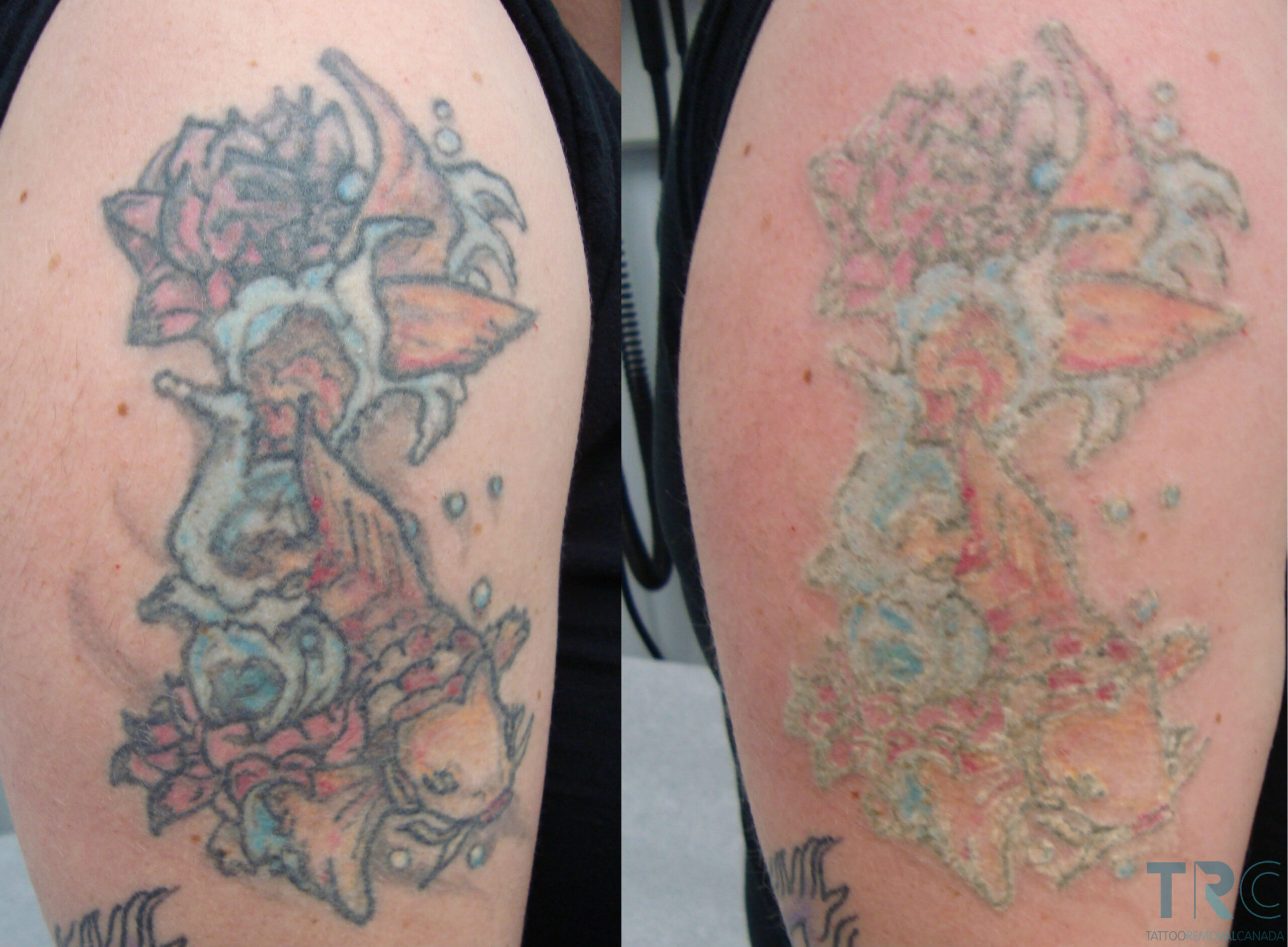

Getting a tattoo is a permanent decision, but sometimes, life throws curveballs. Maybe your taste has changed, the tattoo no longer holds significance, or you're simply looking to update your look. Whatever the reason, tattoo fading offers a way to minimize the visibility of your ink without resorting to complete removal.
Understanding the Cost of Fading
The cost of fading a tattoo can vary drastically depending on several factors:
Size and Complexity: Larger and more intricate tattoos naturally require more work and time, translating to a higher cost.
Location and Depth of Ink: Fading tattoos on certain body parts (like hands or feet) can be more challenging due to skin thickness and blood flow, potentially increasing the price.
Technique Used: Different fading methods have varying costs. Laser removal, for example, is typically more expensive than other techniques.
Location: The cost of fading a tattoo can vary depending on your geographical location, as tattoo artists and clinics charge differently.
Popular Tattoo Fading Methods
1. Laser Tattoo Removal: This is the most effective method for complete removal, but it can also be the most expensive. It utilizes concentrated beams of light to break down the ink particles, which are then absorbed by the body. Multiple sessions are usually required for optimal results.
2. Salabrasion: This technique involves using a saline solution to exfoliate the skin and remove the top layer, thereby lightening the tattoo. While it's less expensive than laser removal, it may not be suitable for all tattoo types and can leave scarring.
3. Surgical Excision: This method involves surgically removing the tattooed skin. While it's effective for small tattoos, it's usually reserved for cases where other methods have failed or where scarring is less of a concern.
4. Tattoo Cover-Up: This involves getting a new tattoo that covers the existing one, either by blending it in or creating a completely different design.
Choosing the Right Method
Choosing the right method depends on your budget, the size and complexity of the tattoo, and the desired level of fading. It's crucial to consult with a reputable tattoo artist or dermatologist specializing in tattoo removal for personalized advice. They can assess your tattoo and recommend the most effective and cost-effective solution for your needs.
Before you book your tattoo fading appointment, consider:
Researching different clinics and artists: Compare pricing and experience levels.
Understanding the potential risks and side effects of each method: Ask questions about potential scarring, pain, and recovery time.
Being prepared for multiple sessions: Fading a tattoo often requires multiple treatments, which can add up in cost.
Ultimately, fading a tattoo should be a well-informed decision. With thorough research and consultation, you can achieve the desired results while staying within your budget.


0 comments:
Post a Comment